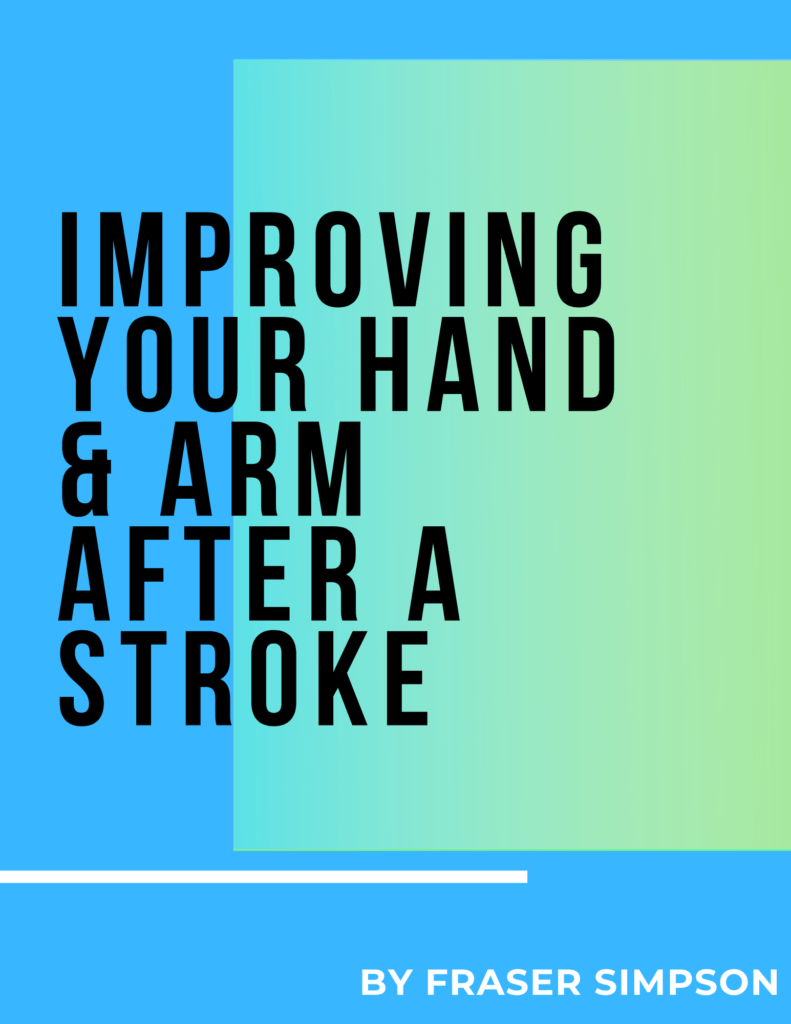By Lydia Scott
What can I do to prevent a fall?
Stay active
As we get older, our strength and balance reduces this can lead to falls. Speak to a physiotherapist for exercises designed to reduce your chances of a fall by improving muscle strength, coordination, and balance
Eat well
Try and make sure you’re eating well throughout the day. It is much better to eat something even if that means frequent small snacks throughout the day rather than 3 main meals. Feeding our bodies ensures we have plenty of energy to keep ourselves strong and prevent falls.
Keep hydrated
If you don’t drink enough throughout the day, you risk becoming dehydrated which can make you feel light-headed increasing your risk of having a fall. Try to aim for 6-8 cups or glasses of fluid a day. This can include water, lower fat milk and sugar-free drinks, including tea and coffee.
Take care of your eyes
As we get older our eyesight changes. It is important to get your eyes and glasses checked regularly – at least every 2 years. This means any visual problems are picked up early before they start to affect your balance and coordination.
Check for hearing problems
You might find that as you get older your hearing isn’t as it used to be. Talk to your doctor as soon as you think that your hearing has changed as problems with your ears can have a significant impact on your balance.
Manage your medicines
Certain medications can make you feel dizzy, lightheaded and affect your balance. If you are experiencing any side effects, please let your doctor know.
Support your bone health
Support strong healthy bones by ensuring a diet in calcium rich foods (milk, cheese, green leafy veg such as kale), getting outside for a dose of sunshine and doing some weight-bearing exercises such as walking. If our bones are strong, they are less likely to break if you fall.
Choose the right shoes
Any problems with your feet or shoes can impact your balance and increase the risk of having a fall. Speak to your physiotherapist or doctor about any foot issues.
A few helpful footwear tips:
- Wear well fitting shoes that don’t slip off
- Wear cushioned shoes that offer comfort and support
- Avoid sandals/flipflops/high heels
- Wear slippers that have a good grip and fasten properly



